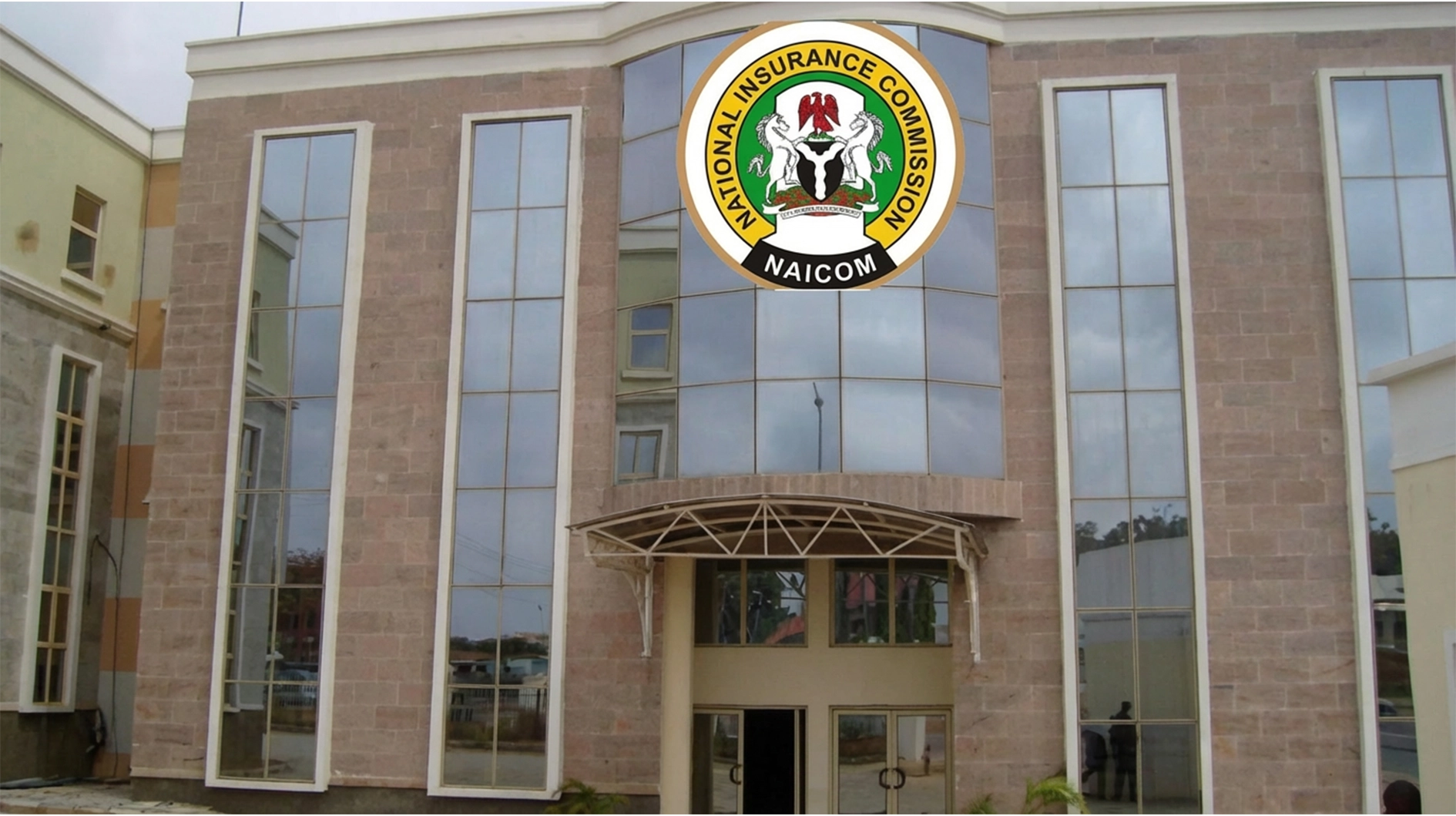The Women Exporter In Digital Economy (WEIDE) grant will be launched on Thursday in Abuja by the Director-General, World Trade Organisation (WTO), Dr Ngozi Okonjo-Iweala.
Executive Director, Nigerian Export Promotion Council (NEPC), Mrs Nonye Ayeni, announced this while giving an update on the Council’s non-oil export performance in the first six months of 2015.
Nigeria has been selected as a pilot beneficiary of the WEIDE Fund. WEIDE is designed to support women-led businesses to participate actively in global digital trade.
The NEPC was selected as one of the four Business Support Organisations in the world and the only one in Africa to implement phase one of the WEIDE grant, which was launched by Okonjo-Iweala in February 2024.
Speaking on women in export in the period under review, Ayeni said the Council trained over 100 women-led businesses on how to increase the volume and value of spice and herb exports through aggregation centres as part of a concerted effort to streamline the supply chain and serve as a hub for connecting producers to local and international markets.
This, she said, was in alignment with the Renewed Hope Agenda of President Bola Tinubu, in terms of mainstreaming women and youth in the export ecosystem.
Ayeni further said that in the bid to position women-led businesses to maximise the opportunities in the AfCFTA, NEPC organised a forum to mainstream the export activities of women-led businesses in Nigeria.
He said, “The objectives are to enhance the export competitiveness of women engaged in cross-border trade, improve access to market information, trade facilitation services, as well as enhance data collation on the non-oil export activities of women-led businesses and advocate for more gender-responsive trade and export policies. Over 160 women-led businesses participated in the event.
“To facilitate the ease of doing business and seamless documentation processes, the Council during the period under review registered a total of 2,285 new exporters — 377 female and 1,467 male exporters.”
The NEPC boss said the Council built the capacity of value chain players from the farm gate to the market during the period and organised training in the areas of documentation and procedures, and export readiness.
“We also carried out training in the areas of Good Agricultural Practices (GAP), Good Warehousing Practice (GWP), Good Manufacturing Practice (GMP), packaging and labelling, among others. Hands-on training, coaching, and mentoring of MSMEs were held in the six geopolitical zones, leveraging our regional and state offices in the 36 states of the federation and the FCT.
“In all, the Council held 252 capacity-building programmes, with a total of 27,352 participants across the country,” she said.
To enable MSME exporters to comply with global market requirements for export of quality products, Ayeni said the Council implemented international certifications covering FDA (Food and Drug Administration, a federal agency within the U.S. Department of Health and Human Services), and HACCP (Hazard Analysis and Critical Control Points) for 200 exporters free.
“The objectives are to enhance compliance with global food safety standards, improve export readiness and reduce product rejections in international markets, as well as build their capacity on GMP and food safety management systems.
“This has greatly impacted SME exporting companies who now export quality products to niche markets, thereby increasing market access and competitiveness of Nigerian products in the global market,” she added.
Ayeni said that as part of NEPC’s Corporate Social Investment, a total of 23,239 hybrid seedlings, as well as other farm inputs, were distributed to 3,047 farmers across the country in the first half of the year.
She said the seedlings range from cocoa, sesame seed, to oil palm, pointing out that the intervention programme has significantly enhanced the quality of produce by the farmers as well as increased the production of those commodities for export in the global market.






